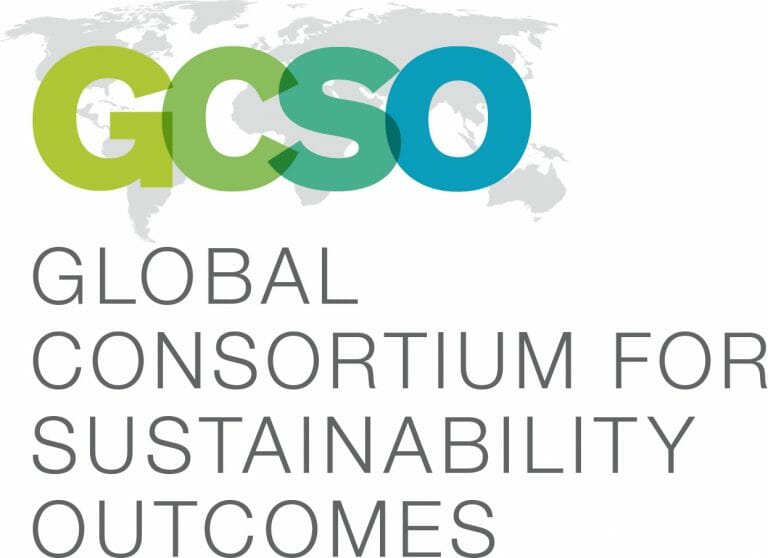The Global Consortium for Sustainability Outcomes (GCSO), a non-profit international network of universities working with implementers to deploy and scale solutions to sustainability challenges, today announced the winners of its second round of seed grant awards.
Five teams, including sustainability experts from 10 GCSO member universities, will each receive seed funding to support projects designed to accelerate sustainability outcomes.
“This is an incredibly strong cohort of GCSO-funded projects. Collectively, they address a wide-range of important sustainability challenges, build strong international partnerships with various implementation agents, and that will yield sustainability impacts and outcomes around the globe,” said GCSO Director Jennifer Carter.
The 2018 GCSO Seed Grant recipients are:
Facilitating Evidence-based Decision-making for Global Health Outcomes
This project will scale an innovative strategy of measuring sustainability and community health indicators in real time using wastewater as a diagnostic matrix. Participants from Arizona State University (U.S.), Dublin City University (Ireland), King’s College London (U.K.), and Tecnológico de Monterrey (Mexico) will collaborate to improve global health outcomes by reducing endocrine disruptors, drug resistant bacteria, and abuse of addictive substances. Award: US$100,000.
Language for Sustainability: Sustaining Biodiversity and Biocultures
Project participants will implement and scale a Language for Sustainability solution that combines scientific research, education, and tourism to protect biodiversity in indigenous lands. Sustainability solutions teams from Arizona State University (U.S.), Leuphana University of Lüneburg (Germany), and the National Autonomous University of Mexico (Mexico) will engage Indigenous Peoples in the Amazon and Mexico to develop communities that are ecologically and economically sustainable. Award: US$81,700.
Transferring and Scaling Sustainable Local Food Economy Solutions
GCSO collaborators from Arizona State University (U.S.), City University of Hong Kong (Hong Kong), Leuphana University of Lüneburg (Germany), and Portland State University (U.S.) will work with local stakeholders in each region to develop enterprise plans pertaining to land trusts (Portland), urban agriculture cooperatives (Hong Kong), plant-based protein SMEs/B-Corps (Lüneburg/Hamburg), and mill-bakery cooperatives (Tempe/Phoenix). This project will build capacity of 200 present and future food entrepreneurs and food actors to found, run, and support sustainable food enterprises and endeavors. Award: US$70,000.
Off-Grid Renewable Energy to Create Social Value and Community Development
This project uses renewable energy to support communities in emerging markets. Sustainability solutions experts from Arizona State University (U.S.) and Karlsruhe Institute of Technology (Germany) will collaboratively design and implement new energy access projects with implementing organizations working to drive sustainable development through energy innovation in Africa, Asia, and Latin America. Award: US$50,000.
Advancing Sustainable Public Purchasing in Cities Globally
This project will engage thousands of cities to help them more effectively utilize sustainable public purchasing (SPP). GCSO collaborators from Arizona State University (U.S.), Hong Kong University of Science and Technology (Hong Kong), and King’s College London (U.K.) will develop and widely disseminate knowledge about SPP best practices, thus helping cities worldwide to make their purchasing decisions more sustainable. Award: US$78,000.
